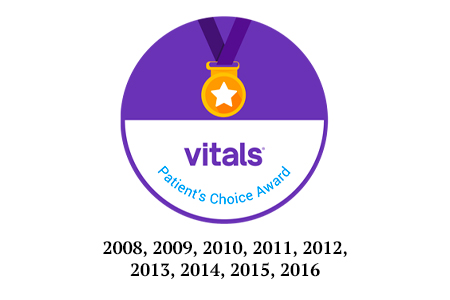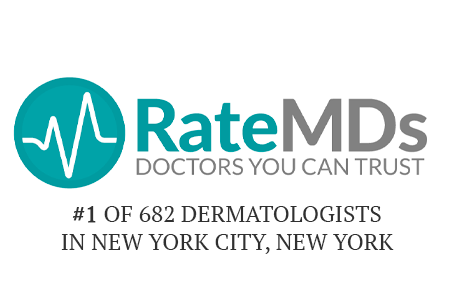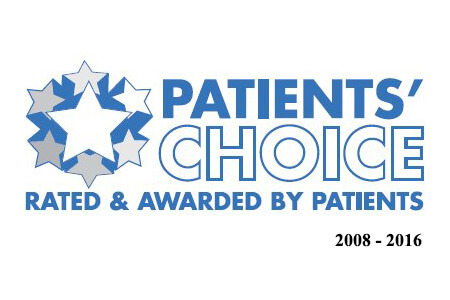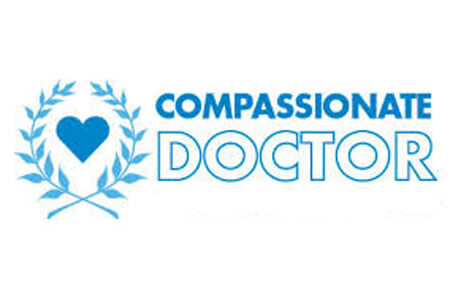Skin cancer treatment options in New York, NY
 Skin cancer is the most common of all cancers in the USA. Knowing the early signs of skin cancer, what causes skin cancer, and how it is treated can help you be diligent about your skin health and know when you should go in to see a dermatologist about any suspicious spots. At SkinProvement Dermatology New York, Dr. Stephen L. Comite offers annual skin exams to help detect skin cancer at its earliest stages, as well as several treatment options should skin cancer be diagnosed.
Skin cancer is the most common of all cancers in the USA. Knowing the early signs of skin cancer, what causes skin cancer, and how it is treated can help you be diligent about your skin health and know when you should go in to see a dermatologist about any suspicious spots. At SkinProvement Dermatology New York, Dr. Stephen L. Comite offers annual skin exams to help detect skin cancer at its earliest stages, as well as several treatment options should skin cancer be diagnosed.
Basal cell skin cancer is the most common of all skin cancers. Other less common–but dangerous–skin cancers include squamous cell carcinoma and melanoma.
All types of skin cancers can occur anywhere on the body and in anyone, but they are more common in sun-exposed areas and especially in lighter skin people.
Most cases of skin cancer are due to exposure to the sun’s harmful UV rays in combination with susceptible skin and your genetics
For basal cell and squamous cell cancers, one of the first signs is often a changing bump, lesion, or pimple. Sometimes the skin cancer spot can bleed or itch, or it may seem like a wound that keeps coming back.
A melanoma often appears like a mole that is changing. When parts of the “ABCDEs” are off, then a mole should be considered suspicious and you should have it examined by a dermatologist:• Asymmetry – the mole is not symmetrical, or one half doesn’t match the other in shape• Border – the border is irregular and not smooth• Color – there is more than one color within the mole, or it is a suspicious color (such as black)• Diameter – the diameter of the mole is at least the size of a pencil eraser, but sometimes even smaller• Evolving – the mole has changed in shape, size, or elevation over time
If there is a suspicious spot, testing is generally performed under local anesthetic and consists of a biopsy of the possible skin cancer mole or lesion. Afterwards, the skin specimen is then sent to a laboratory for evaluation.
Fortunately, if caught early, most skin cancers can be treated. Generally, the treatment is surgical and is most often performed as an outpatient in the office; there is usually no need for hospitalization.




If you are concerned about a growth or a possible skin cancer, just call our office today at (212) 933-9490 or e-mail us anytime and set up a consultation for evaluation and possible treatment of your growth or skin cancer.

















